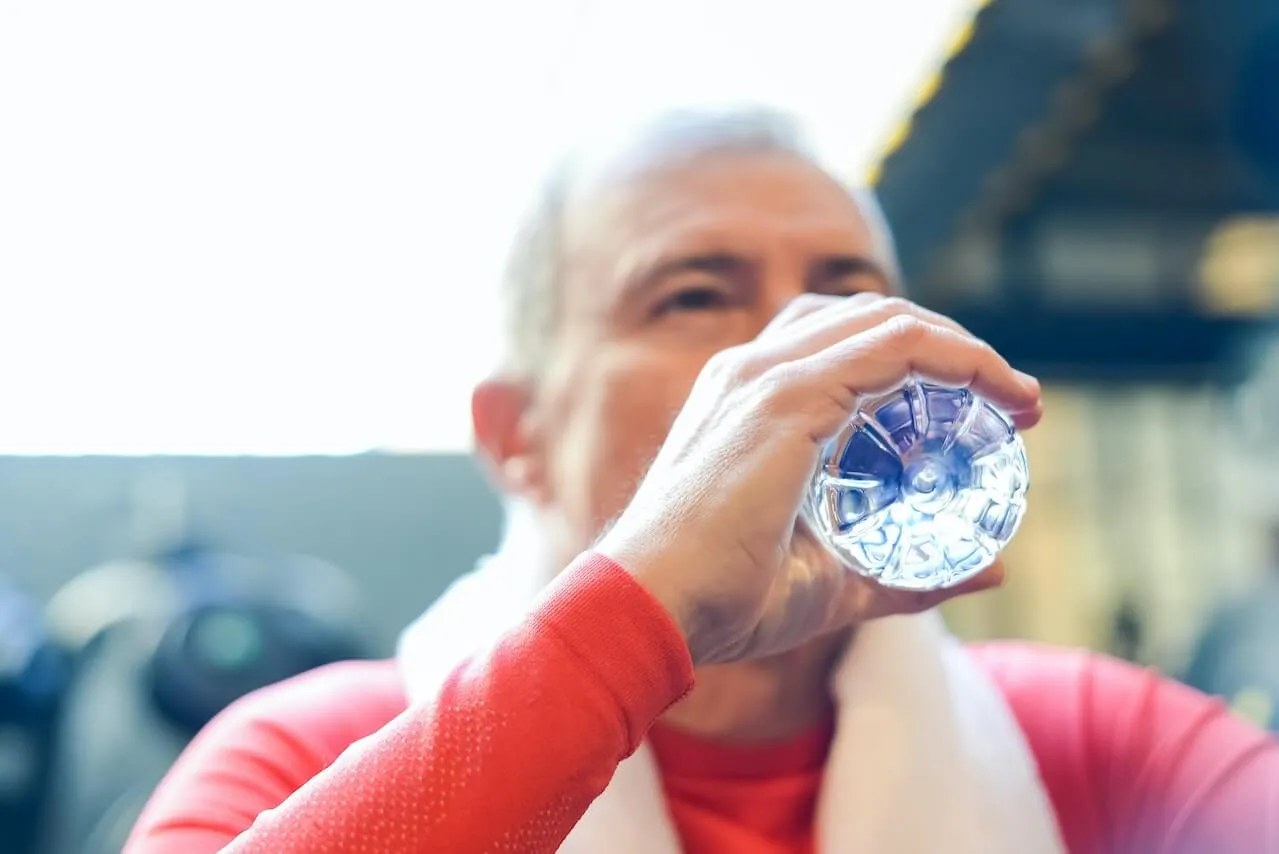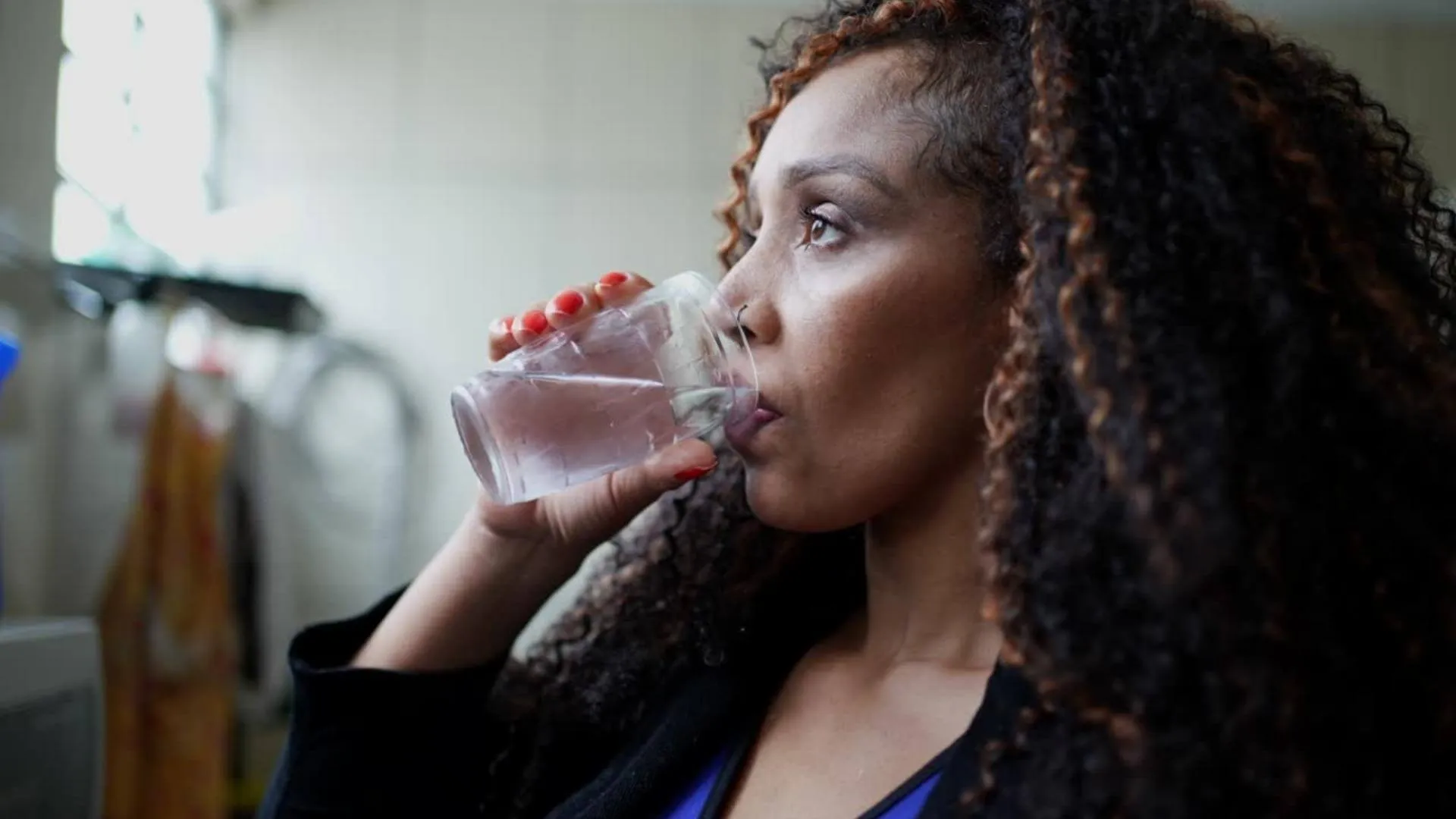Drinking enough water is essential for maintaining health and optimal performance. Whether you’re engaged in strenuous exercise, or less active, drinking water is key. But while water helps with everything from mood to muscle recovery, our bodies need electrolytes–important minerals and nutrients–to perform.
What Exactly Are Electrolytes?
Electrolytes are minerals such as calcium, sodium, potassium, chloride, and magnesium that play an important role in maintaining your body's peak performance. Drinking enough water is essential for maintaining overall health and well-being, helping you with brain function, and maintaining your ideal body weight. But don’t ignore the role of electrolytes!
What do electrolytes do?
When the human body loses too many electrolytes through strenuous physical activity, we are at risk of muscle cramps and muscle contractions, damaged tissue, or even life-threatening stroke. Electrolytes are a big deal.
Here are some of the reasons we need electrolytes:
- Electrolytes help to regulate the amount of water in the body, aiding in balanced hydration.
- Electrolytes are essential for proper nerve and muscle function, helping to send signals from the brain to the muscles.
- Electrolytes help to regulate pH levels in the body, ensuring the body is not too acidic or too alkaline.
- Electrolytes are necessary for proper metabolism and energy production, helping to break down and transport nutrients to the cells.
- Electrolytes play a vital role in maintaining healthy blood pressure levels.
- Electrolytes help flush toxins out of our organs and cells
{{mid-cta}}
What is Electrolyte Water?
Electrolyte water is a type of enhanced water that has added minerals such as sodium, potassium, calcium, and magnesium.
While drinking tap water or bottled water will give you the hydration you need, your body still needs electrolytes, which can come in various forms. After strenuous exercise, people often turn to electrolyte-enhanced drinks such as Gatorade, coconut water, electrolyte beverages, or lemon juice, all of which contain high levels of electrolytes.
What are the Benefits of Electrolyte Water?
Electrolyte water offers a number of important benefits to the body. Drinking electrolyte water:
- Enhances athletic performance and helps to replenish the minerals lost through sweat during intense physical activity. This, in turn, can improve exercise performance by helping regulate fluid balance, muscle contractions, and body temperature.
- Promotes recovery and rebuilds damaged tissue.
- Helps prevent heat stroke by replenishing lost fluids and minerals during hot weather or intense exercise.
- Rehydrates during illness when the body can lose a significant amount of fluids
- Supports overall nervous system function.
Are There Any Side Effects of Electrolyte Water?
While electrolyte water can be incredibly beneficial for the body, it's important to remember that too much of anything can have negative effects. One of the potential side effects of consuming too much electrolyte water is an electrolyte imbalance. An electrolyte imbalance occurs when the levels of electrolytes in the body become imbalanced, either from losing too much fluid or consuming too many electrolytes.
Common symptoms of an electrolyte imbalance include fatigue, muscle cramps, irregular heartbeats, and confusion. In severe cases, an electrolyte imbalance can lead to serious health problems such as seizures, muscle weakness, or even heart failure.
To prevent an electrolyte imbalance, it's important to drink electrolyte water in moderation, especially during intense physical activity or hot weather. If you’re concerned about electrolyte imbalance, speak with a doctor or dietitian to determine the right amount of electrolyte water for your individual needs. Each body is different. Yours included.
Electrolyte Water vs. Regular Water
Electrolyte water is not a replacement for regular water. However, in many instances, electrolyte water can be beneficial, such as when you will be exposed to excessive heat for prolonged periods, your body loses water during illness because of vomiting or diarrhea, or, more commonly, if you exercise for more than one hour, or you sweat heavily during exercise.
How Much Electrolyte Water is Recommended for Adults?
As a general guideline, it's recommended that adults drink at least 8 glasses of water per day, with the addition of electrolyte water as needed. This could be especially important for individuals who engage in intense physical activity or live in hot environments, as they may need to replenish their fluids and electrolytes more frequently.
Recommended electrolyte intake varies considerably by age and the individual nutrients present in the electrolyte water could make a difference. As a reminder the recommended intakes for individual nutrients inlcude,
- For Sodium, the maximum recommended intake is 1500 mg per day
- For Potassium, the maximum recommended intake is 4700 mg per day
- Men can ingest 420 mg and women 320 mg of magnesium
- The maximum recommended intake of chloride is 2300 mg. Individuals over 50 years old should restrict consumption to 2000 mg, and those over 70 no more than 1800 mg per day, according to Medical News Today.
You should always examine the nutritional content of electrolyte-enhanced water and beverages to stay within safe ranges.
It's also important to consider the source of your electrolyte water. Electrolyte water can be found in natural sources, such as coconut water, enhanced water, and sports drinks. Some of these products can contain added sugar, so it's important to check the label and opt for a low-sugar or sugar-free option if possible.
If you're unsure about how much electrolyte water is right for you, it's always a good idea to speak with a doctor or dietitian who can help determine the right amount for your individual needs.

Does Dehydration Affect Blood Sugar Levels?
Dehydration can have a significant impact on your blood sugar levels. When you're dehydrated, your body cannot properly regulate glucose metabolism, leading to an increase in your blood sugar levels. This can be particularly problematic for individuals with diabetes, as high blood sugar levels can cause various health issues and complications.
In these cases, electrolyte-enhanced water can be a helpful tool for bringing your blood sugar levels back down to a safe level. Electrolyte water, in particular, can be effective for rehydrating and replenishing lost fluids and minerals, which can help regulate glucose metabolism and bring your blood sugar levels back into balance.
It's important to note, however, that not all electrolyte water is created equal. Many electrolyte beverages contain added sugar, which can raise your blood sugar levels. For individuals with diabetes, it's best to opt for a sugar-free or low-sugar option of electrolyte water, such as a sugar-free sports drink or electrolyte water that does not contain added sugars.
Using a CGM with Signos: Real-Time Data, Backed by AI
Signos pairs a real-time glucose biosensor with AI trained on tens of millions of data points to deliver personalized, science-backed guidance. See exactly how your body responds, and take action.
Learn how it works. Ready to get started? Join now.




.svg)










.svg)
.svg)
.svg)
.svg)
.svg)
.svg)
.svg)
